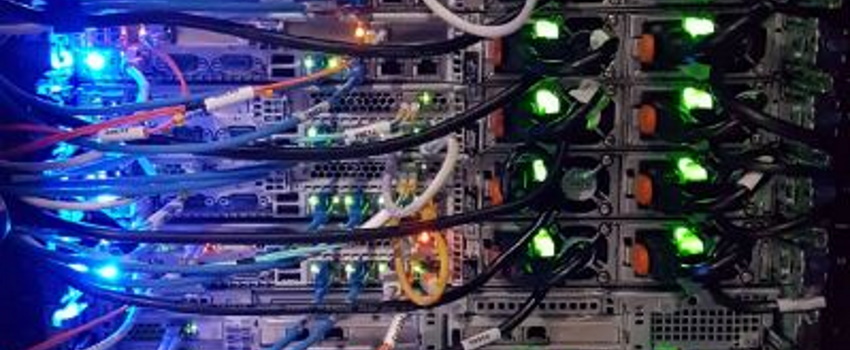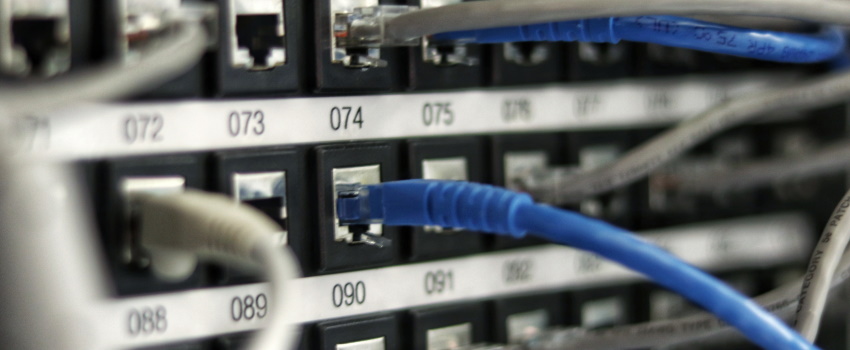Children's Internet Protection Act (CIPA)
The Children's Internet Protection Act (CIPA) was enacted by Congress in 2000 to address concerns about children's access to obscene or harmful content over the Internet. CIPA imposes certain requirements on schools or libraries that receive discounts for Internet access or internal connections through the E-rate program — a program that makes certain communications services and products more affordable for eligible schools and libraries. In early 2001, the FCC issued rules implementing CIPA and provided updates to those rules in 2011.
What CIPA Requires
Schools and libraries subject to CIPA may not receive the discounts offered by the E-rate program unless they certify that they have an Internet safety policy that includes technology protection measures. The protection measures must block or filter Internet access to pictures that are: (a) obscene; (b) child pornography; or (c) harmful to minors (for computers that are accessed by minors). Before adopting this Internet safety policy, schools and libraries must provide reasonable notice and hold at least one public hearing or meeting to address the proposal.
Schools subject to CIPA have two additional certification requirements: 1) their Internet safety policies must include monitoring the online activities of minors; and 2) as required by the Protecting Children in the 21st Century Act, they must provide for educating minors about appropriate online behavior, including interacting with other individuals on social networking websites and in chat rooms, and cyberbullying awareness and response.
Schools and libraries subject to CIPA are required to adopt and implement an Internet safety policy addressing:
- Access by minors to inappropriate matter on the Internet;
- The safety and security of minors when using electronic mail, chat rooms and other forms of direct electronic communications;
- Unauthorized access, including so-called “hacking,” and other unlawful activities by minors online;
- Unauthorized disclosure, use, and dissemination of personal information regarding minors; and
- Measures restricting minors' access to materials harmful to them.
Schools and libraries must certify they are in compliance with CIPA before they can receive E-rate funding.
- CIPA does not apply to schools and libraries receiving discounts only for telecommunications service only;
- An authorized person may disable the blocking or filtering measure during use by an adult to enable access for bona fide research or other lawful purposes.
- CIPA does not require the tracking of Internet use by minors or adults.
You can find out more about CIPA or apply for E-rate funding by contacting the Universal Service Administrative Company's (USAC) Schools and Libraries Division (SLD). SLD also operates a client service bureau to answer questions at 1-888-203-8100 or via email through the SLD website.
Children's Internet Protection Act (CIPA)

